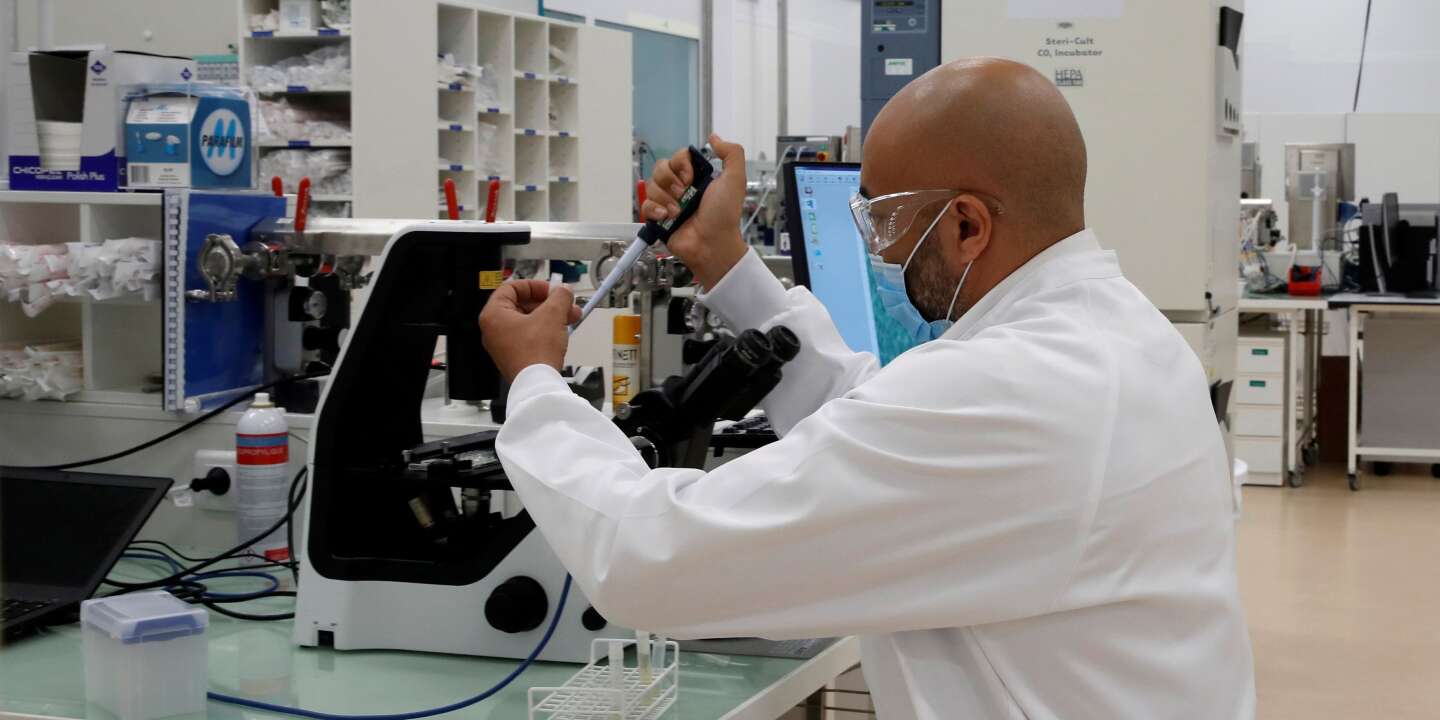Chronic. For a columnist whose job it is to bring his readers some of the fruits of scientific research, it would be easy to be discouraged by the hostility towards science expressed by many political representatives – be it the low weight of expertise. in the management of the pandemic, or the current British Minister of State Michael Gove affirming during the referendum on the Brexit that “The people are fed up with the experts”.
The tendency of social networks to reduce political debates to tribal conflicts would reinforce the contempt of the elites, which would be at the origin of the populist resurgence. One could even speak of a civil war within the elites, where certain political and economic decision-makers would despise more academic elites. In any case, this is the very noticed thesis of a column published on April 28 in The world, titled “The scientific ignorance of the French elites has profound effects on the conduct of State affairs”.
However, the duty of science is to shed its light even when it does not support the ideas received by politicians… or scientists. A study on the mayors of 2,150 Brazilian municipalities might surprise the most pessimistic: it shows a demand for scientific knowledge and a desire to adapt political choices to the results of research (« How Research Affects Policy : Experimental Evidence from 2 150 Brazilian Municipalities », Jonas Hort and others, American Economic Review n° 111/5, 2021).
Knowledge integration
The study has a limited but nonetheless instructive context. The researchers carried out two experiments. In the first, 764 people (mainly mayors) took part in a laboratory experiment during two congresses of elected officials. They were asked how much they would be willing to pay to learn the results of different studies on the effectiveness of various cognitive improvement programs in young children. On average, participants showed a willingness to pay $ 36 for such information, with a higher threshold for studies with larger sample sizes (and therefore greater scientific reliability).
In the second experiment, 1,818 mayors of municipalities in cities of 5,000 to 100,000 inhabitants (or 45% of municipalities of this size in Brazil) participated in an information session which concerned scientific studies examining the effectiveness reminder letters to taxpayers on their level of tax compliance. Some 32% of municipalities were already using this type of administrative tool.
You have 30.74% of this article to read. The rest is for subscribers only.
–


